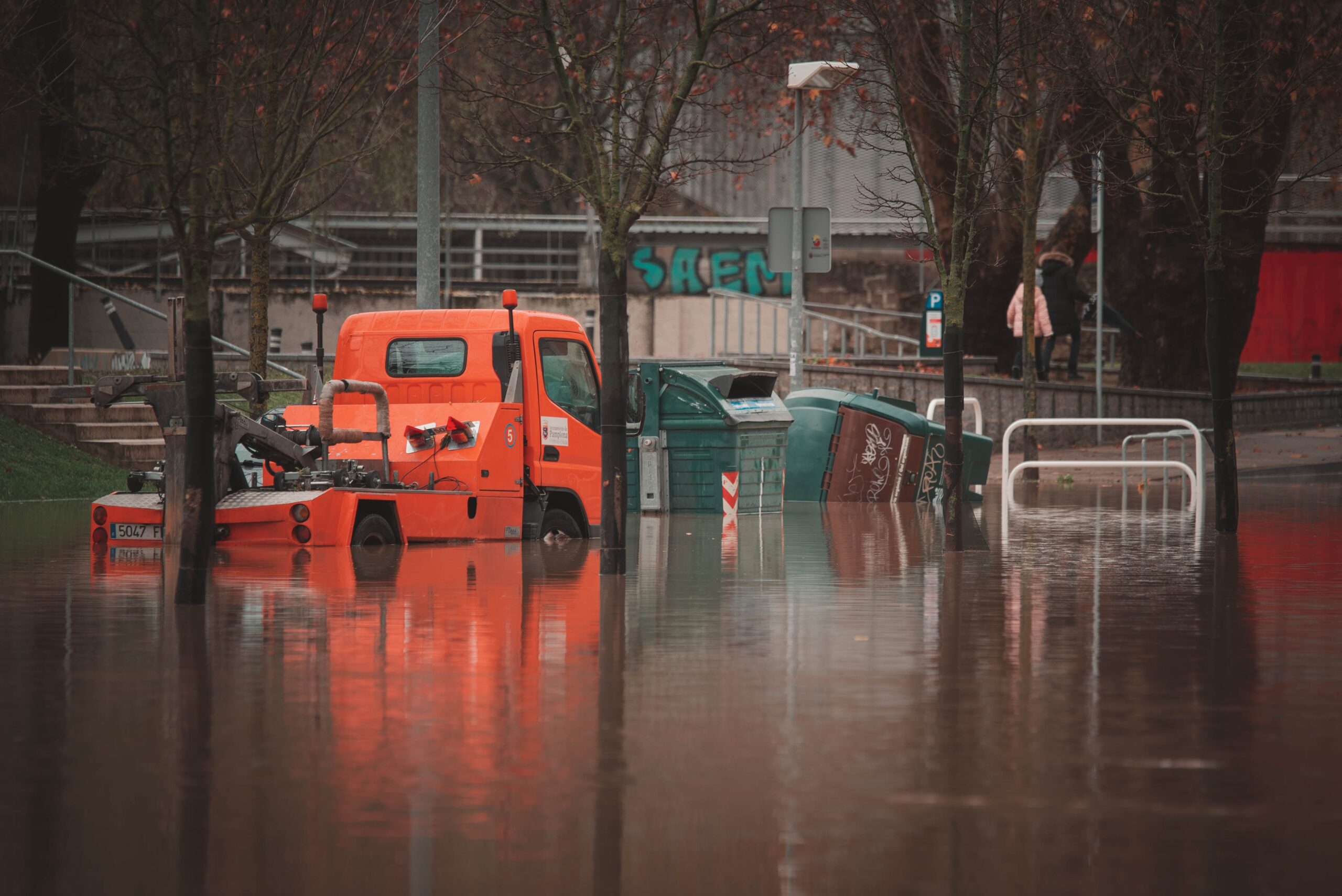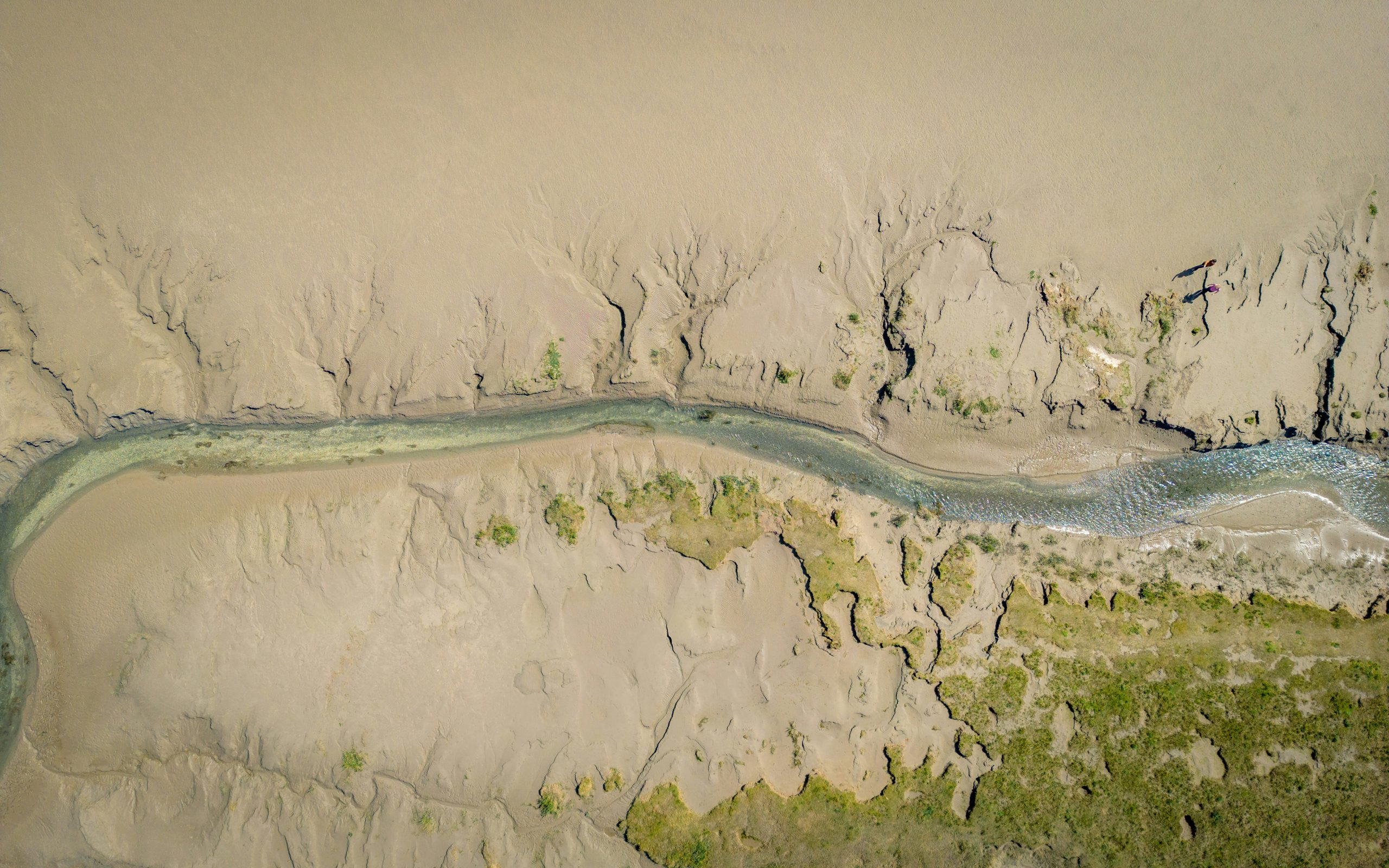In late October, climate change suddenly felt very real in northern Italy. A severe storm brought heavy rainfall to the region, causing Lake Como and the Seveso River to burst their banks. The flooding hit towns and cities including Milan in the latest stark reminder of the area’s vulnerability to extreme weather.
At the Polytechnic University of Milan, Professor Andrea Castelletti is studying the behaviour of water and landscapes. An expert in natural-resources management, he thinks artificial intelligence (AI) may offer much-needed answers as global warming triggers increasingly destructive – and more frequent – storms, floods, heatwaves and droughts.
Potential ally
The October floods in Italy came on the heels of extreme drought in the country only months earlier. Areas of Greece, including the central-eastern port city of Volos, faced a similar one-two punch, with scorching temperatures sparking large wildfires in July and freak storms destroying farmland, livestock, homes, roads, vehicles and other property in September.
‘We’re dramatically facing the accelerated effects of climate change,’ said Castelletti. ‘We need to better mitigate and prepare for these events. AI might help with that.’
AI has grabbed headlines so far for its ever-improving ability to generate text, personalise services and even create art.
But the technology might also be harnessed for the more pressing case of fighting climate change, which is making extreme weather not only more common but also harder to predict. So can AI help with forecasting and could it have predicted the Como flooding?
Extreme weather will feature at this year’s United Nations climate change summit in Dubai, the United Arab Emirates. Known as COP28, the conference will start on 30 November and is due to run until 12 December.
As it seeks to combat global warming, the UN has said people worldwide need adequate warnings of extreme events in order to prepare for them. This is a key objective in a five-year UN plan to improve early-warning systems.
That’s where AI may have a role to play.
[…]
This post was originally written by TOM CASSAUWERS and published in Horizon Magazine




